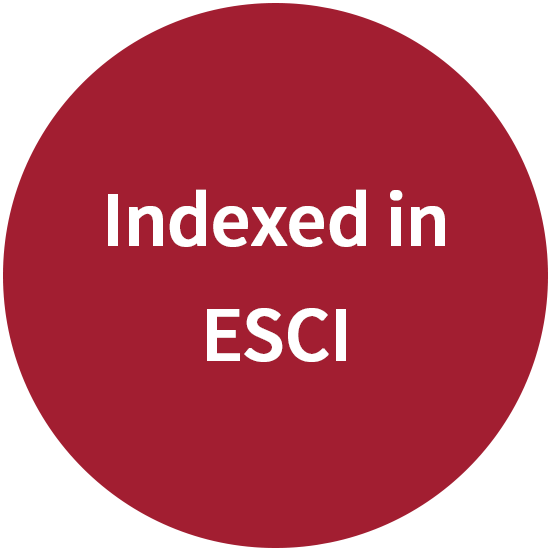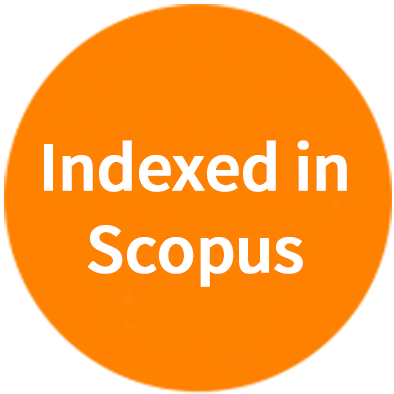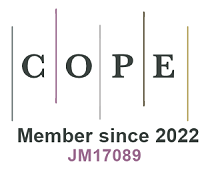
Topic: Innovations in Gaucher Disease Research: Progress, Perspectives, and Promising Therapies
A Special Topic of Rare Disease and Orphan Drugs Journal
ISSN 2771-2893 (Online)
Submission deadline: 20 Apr 2025
Guest Editor
Special Topic Introduction
Gaucher disease (GD) is a rare autosomal recessive disorder caused by in trans pathogenic variants in GBA1 that codes the biosynthesis of acid-β-glucocerebrosidase (GCase). Attenuated GCase activity results in the lysosomal accumulation of glucosylceramide and glucosylsphingosine, leading to dysfunctions across multiple intracellular structures and processes (e.g., autophagy and mitophagy). These disruptions trigger an inflammatory cascade with diverse effects on the immune, hemopoietic, skeletal, and nervous systems. GD type1 patients exhibit varying degrees of hepatosplenomegaly, anemia, thrombocytopenia, bone marrow infiltration by Gaucher macrophages, bone pain, bone fragility, and episodic osteonecrosis that decrease quality of life and can shorten life expectancy. Although GD1 does not typically affect the CNS early in life, 8-10% of patients develop Parkinson’s disease by their seventh decade. Other late complications include an increased risk of hematologic and liver malignancies. Patients with types 2 and 3 GD have primary degenerative neurologic conditions alongside severe systemic manifestations. Type 2 GD is fatal in early childhood, whereas survival in type 3 GD varies widely. Diagnosis of GD is established through assays of GCase activity in peripheral blood specimens or dried blood spots, complemented by genetic analysis. However, diagnostic delays are common. Systemic manifestations of GD1 and GD3 are often effectively treated with commercially available recombinant glucocerebrosidases (ERT) administered intravenously. Oral substrate synthesis inhibition treatment offers an effective alternative for many adult GD1 patients and is in trial for GD3 patients. Additional therapeutic approaches, including pharmacologic chaperones and gene correction approaches, are under investigation.
We welcome Original Research Articles, Review Articles, and Brief Communications on topics including but not limited to:
- Diagnosis and treatment of GD1, GD2, and GD3, including prenatal and neonatal screening;
- Genetic counseling regarding reproductive decisions, IVF, and PGD;
- Educational awareness GD projects for physicians and other stakeholders;
- Early detection and diagnosis and treatment of illnesses associated with GBA1 mutations
● Kyphosis, cardiovascular calcification (GD3C), peripheral neuropathy;
● Malignancies and pre-malignancies; Parkinsonism, LB dementia;
- Diagnostic challenges in countries with endemic disorders that clinically resemble GD;
- Epigenetic and environmental factors affecting GD phenotypes;
- Identification of genomic variations (other exons, intronic, copy number) in GD;
- Possible role of somatic mutations acquired during aging or by other causes in GD;
- GD-related cellular and sub-cellular pathophysiology and macrophage biology;
- In vitro 3-D models of GD bone marrow, spleen, liver, brain, gaucheromas, embryoids;
- GD and inflammasomes, auto-immunity, adipocytes, bone metabolism, endothelial function, and coagulation abnormalities;
- Advances in radiological and functional imaging for diagnosis, risk assessment, and monitoring;
- Novel biomarkers for diagnosis and monitoring of GD and its complications;
- Treatment of GD
● Type 1: Established and investigational treatments, gene correction;
● Type 2: Ambroxol, gene correction, in utero intervention, parenchymal ERT;
● Type 3: Venglusat, Ambroxol, ERT, gene correction;
● New drug development includes in silico smart design. mRNA;
- Prognosis, life expectancy, and causes of death in GD;
- Registries and biobanks for GD research;
- Patient advocacy activities;
- Socioeconomic analyses and healthcare models.
We welcome Original Research Articles, Review Articles, and Brief Communications on topics including but not limited to:
- Diagnosis and treatment of GD1, GD2, and GD3, including prenatal and neonatal screening;
- Genetic counseling regarding reproductive decisions, IVF, and PGD;
- Educational awareness GD projects for physicians and other stakeholders;
- Early detection and diagnosis and treatment of illnesses associated with GBA1 mutations
● Kyphosis, cardiovascular calcification (GD3C), peripheral neuropathy;
● Malignancies and pre-malignancies; Parkinsonism, LB dementia;
- Diagnostic challenges in countries with endemic disorders that clinically resemble GD;
- Epigenetic and environmental factors affecting GD phenotypes;
- Identification of genomic variations (other exons, intronic, copy number) in GD;
- Possible role of somatic mutations acquired during aging or by other causes in GD;
- GD-related cellular and sub-cellular pathophysiology and macrophage biology;
- In vitro 3-D models of GD bone marrow, spleen, liver, brain, gaucheromas, embryoids;
- GD and inflammasomes, auto-immunity, adipocytes, bone metabolism, endothelial function, and coagulation abnormalities;
- Advances in radiological and functional imaging for diagnosis, risk assessment, and monitoring;
- Novel biomarkers for diagnosis and monitoring of GD and its complications;
- Treatment of GD
● Type 1: Established and investigational treatments, gene correction;
● Type 2: Ambroxol, gene correction, in utero intervention, parenchymal ERT;
● Type 3: Venglusat, Ambroxol, ERT, gene correction;
● New drug development includes in silico smart design. mRNA;
- Prognosis, life expectancy, and causes of death in GD;
- Registries and biobanks for GD research;
- Patient advocacy activities;
- Socioeconomic analyses and healthcare models.
Submission Deadline
20 Apr 2025
Submission Information
For Author Instructions, please refer to https://www.oaepublish.com/rdodj/author_instructions
For Online Submission, please login at https://www.oaecenter.com/login?JournalId=rdodj&IssueId=rdodj2504202315
Submission Deadline: 20 Apr 2025
Contacts: Stella Wang, Assistant Editor, [email protected]









